Spaying and neutering your dog is an essential and beneficial decision for their long-term health and well-being. These procedures not only help control pet overpopulation, but also significantly reduce the risk of various health problems, such as reproductive cancers, infections, and hormone-related behavioral issues. By choosing to spay or neuter your dog, you are actively contributing to a healthier and happier life for your pet, while also promoting responsible pet ownership and compassion for the overall welfare of animals.
At our veterinary clinic, our skilled professionals are experienced in performing spay and neuter surgeries, ensuring the highest level of care and safety for your dog. We understand the importance of these procedures and are dedicated to providing comprehensive support throughout the entire process, from determining the optimal timing for the surgery to post-operative care and recovery guidance.
Your Pet’s Health and Happiness Begin Here
Service FAQ
What is the recommended age to spay or neuter my dog?
The ideal timing for spaying or neutering your dog can vary depending on factors such as breed, size, and overall health. Generally, small dog breeds can be spayed or neutered around six months of age, while large breed dogs may need to wait until they are fully grown, which can be between 6 and 18 months.
Is spaying or neutering a painful procedure for my dog?
Our veterinary clinic practices multimodal pain management during surgery to ensure your dog remains comfortable throughout the procedure. We also provide post-operative pain medication to help ease any discomfort during the recovery period.
How can I care for my dog after the spay or neuter surgery?
After the surgery, it is crucial to monitor your dog’s post-operative behavior, vital signs, and pain levels. Follow the detailed at-home care instructions provided by our veterinary team to ensure your dog’s recovery is smooth and comfortable. This may include administering medications, monitoring the incision site, and restricting activity.
What are the health benefits of spaying or neutering my dog?
Spaying female dogs reduces the risk of mammary cancer, prevents uterine infections, and eliminates the possibility of ovarian and uterine cancers. Neutering male dogs helps prevent testicular cancer, reduces the risk of prostate issues, and can minimize hormone-driven behaviors such as aggression and roaming.
How long will it take for my dog to recover after spaying or neutering?
Recovery time can vary depending on your dog’s age, size, and overall health. Generally, most dogs will recover within 7 to 10 days following the surgery. It is essential to restrict their activity and keep them on short leash walks during this period to aid in healing and prevent complications.
Can spaying or neutering affect my dog's behavior?
Spaying and neutering can help reduce some hormone-related behaviors, such as aggression, roaming, and marking in male dogs. However, these procedures will not change your dog’s overall personality or temperament. It’s essential to understand that spaying and neutering are not a quick fix for existing behavioral issues, and additional training or intervention may be necessary.
